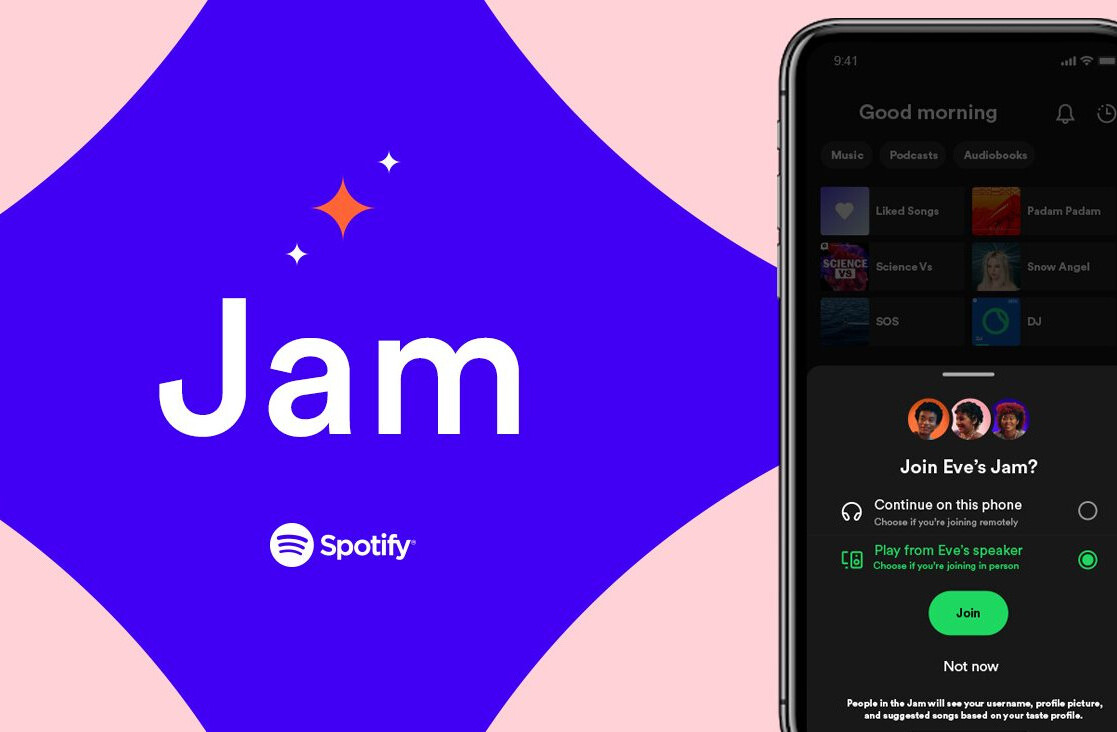
With a decades-long history of being one of the countries where online music has been mostly pirated, Russia is now seeing the emergence of music services that offer users a legal way to stream tracks.
Spotify is on its way to the country, and local services are gearing up towards acquiring a bigger audience with new features and tailor-made offers for all types of users, from casual listeners to hardcore audiophiles.
Meanwhile, the three major labels — Sony Music, Universal Music and Warner Music — have recently sued the country’s biggest social network VK.com, a.k.a. VKontakte, for numerous copyright violations. The main issue here is that any VK user can upload a track to the network and make it available to everyone else, which makes it a huge database of illegal music.
Taken together, these two developments might mean that the landscape will see tectonic changes in the future, and Russian users, many of whom have never paid a cent for music, will have to change their habits.
Brand new Music
One of the most popular legal music streaming services, Yandex.Music created by Russia’s most used search engine, has been recently re-launched with the addition of a Spotify-like recommendation engine. With this must-have feature, the service, which boasts some 17 million tracks, expects to attract an audience of casual listeners.
“We have contracts with all three international majors, most catalogue aggregators and all major Russian labels. Based on TNS Web Index, the desktop audience of Yandex.Music is about seven million users per month,” Yandex spokesperson Vladimir Isaev told The Next Web.
A significant advantage of Yandex.Music is that it’s completely free for users on desktop, where it makes money on advertising. Mobile users, however, will have to pay $5.99 per month for unlimited streaming.
We can hear Zvooq
Another relative newcomer to the market of legal music streaming is Zvooq (Rus. “sound”), which raised a $20 million funding round in August. This service is also free for desktop users, while its mobile offer is much more versatile than that of Yandex.
“We’re targeting not 5 to 10 percent of the target audience, not just music lovers, but all music lovers plus casual listeners, who represent 90 percent of the overall music listening audience,” the service’s co-founder Victor Frumkin said in an interview with The Next Web.
The cheapest app in Zvooq’s line-up is Fonoteka that costs $1 per month. It’s positioned as a virtual CD changer, where users have three slots for their favorite albums that they can sync with their device for offline listening.
The second one is Pandora-like Waves for $4 per month with curated radio stations based on the user’s music tastes and activity of his social graph.
The actual Zvooq app is the most expensive one with a price tag of $5.50 per month. This one allows unlimited access to the online audio archive with some 15 million songs that can be streamed or downloaded to users’ devices. It also offers curated playlists “for different moods and situations,” as stated in its description in Google Play.
Overall, the services have about 300,000 active users and under 3 million registrations, said Frumkin.
Not good enough
Despite the grand plans of the legal services, most of Russian users still seem to prefer listening to pirated tracks.
“We don’t really see any significant changes in number of illegal services, their audience or content consumption. Any track can be easily found in Runet, streamed, downloaded or cached on a mobile device for free and without fee to copyright holders,” admitted Isaev.
According to music analytics service StarIndex, VK’s audio database as of July 2014 consists of no less than 353 million tracks, about a third of which are by Russian artists. Some of the counted tracks could be the same songs with different titles, yet even with this stipulation the number is an order of magnitude higher than available legal libraries.
It’s interesting to note that in the past year the social network’s users added about 180 million songs after a huge number of songs were removed in June 2013 in an attempt to reach an agreement with copyright holders.
That’s why the main legal sound streaming services are not really competing with each other.
“The main competition in Russia is not between legal services, but between legal and illegal services. Any movement from the totally illegal market to the transparent and structured market where artists can earn through digital distribution is highly welcomed from anyone,” said Isaev.
Zvooq is also trying not to compete with VK, but rather help it become a legal music service — of course, not without a profit for itself. Frumkin says that Zvooq has developed an engine for in-stream audio advertising, which could help any similar service to make money and be able to pay for necessary licenses.
“We’re in discussions with leading [Russian] social networks about a collaboration with us,” he said. “[We want] to make them understand how it is that they can start to monetize all the music activities happening on their networks. VK can legitimize music listening activity, and we believe that there’s a way to monetize it.”
Frumkin’s hopes lie with the new shareholders of VK, which now is de-facto controlled by Russian Internet behemoth Mail.Ru. In his opinion, the social network’s new management understands that it’s important to legitimize its music library.
Image credit: Twin Design / Shutterstock
Get the TNW newsletter
Get the most important tech news in your inbox each week.






